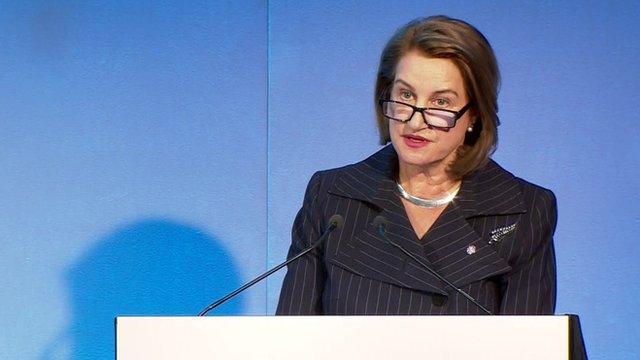What led to abuse inquiry chairwoman's resignation?
- Published
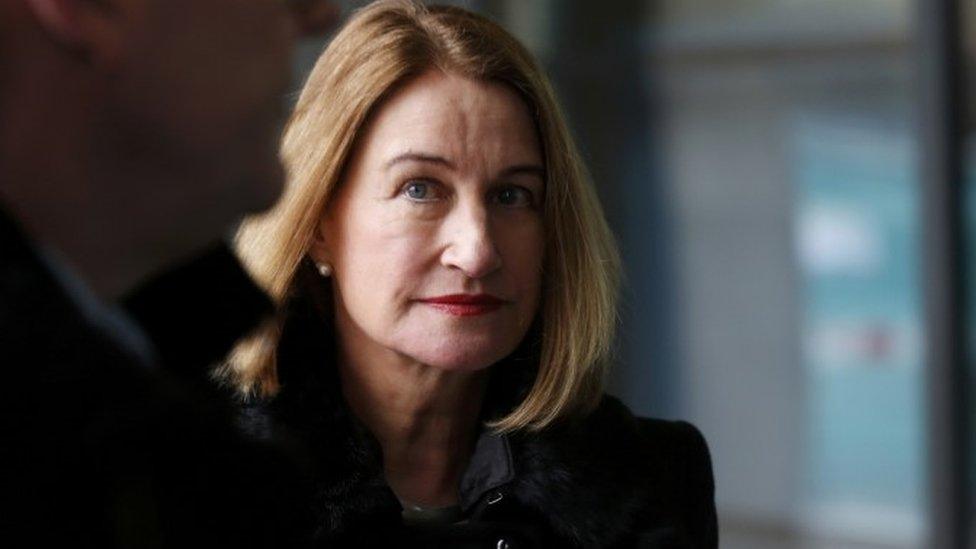
The reason for Dame Lowell Goddard's resignation as chairwoman of the independent inquiry into child sexual abuse has not been made clear, but suggestions she had difficult relations with officials have begun to emerge.
Several sources have told me there has been "tension" with one suggesting that Justice Goddard felt she was not getting the support and "loyalty" her job required.
There has been no comment from anyone on the independent inquiry and victims' representatives have been locked in a meeting expected to take much of the day.
One source with knowledge of the inquiry's operations said they did not believe Justice Goddard's departure was linked to the disruption caused to her family life by moving to the UK.
This source said she had moved fully to this country from her native New Zealand, including buying furniture. Her husband is also understood to be in Britain too.
Members of the Victims and Survivors' Consultative Panel, a body which advises the inquiry, have praised her relationship with those who have suffered the effects of child abuse.
But there are unconfirmed suggestions of friction between the inquiry's officials and the chairwoman.
Sources say her departure has thrown the inquiry into crisis. Two previous chairs stood down over accusations they were too close to the establishment.
Theresa May as home secretary was forced to rebuild the inquiry, bringing in a chairwoman from abroad and giving it statutory powers to call witnesses and examine documents.
This made it more like a court, giving a prominent role to the inquiry's lead counsel, Ben Emmerson QC. A team of civil servants is also involved in the day-to-day running of the inquiry.
Mr Emmerson has previously been embroiled in a row with past members of the inquiry's victims' panel who accused him of bullying them. He in turn said it was unacceptable they had spoken publicly about the inquiry's internal workings.
The scale of the IICSA is huge. Each of its 13 initial topics, including allegations of abuse in children's homes, the Church, and in public life could have been a public inquiry in its own right.
The inquiry has also been criticised this week by the family of the late Labour peer Lord Janner who said it was wrong for Justice Goddard to focus on one man, who has not been convicted, and is dead. Evidence of his activities were due to be heard early next year.
- Published5 August 2016
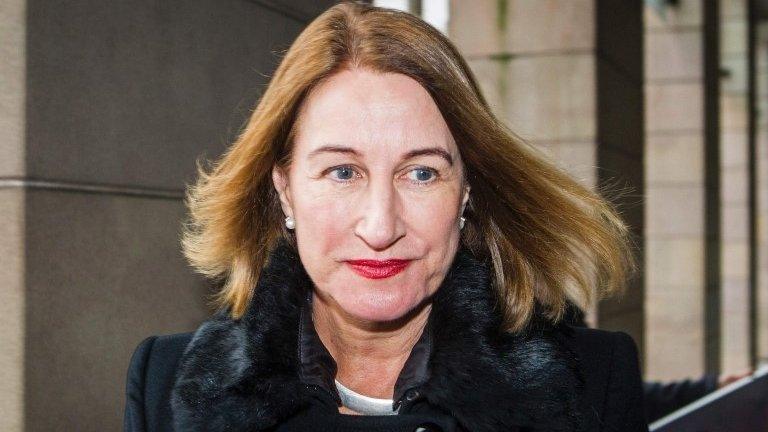
- Published4 August 2016
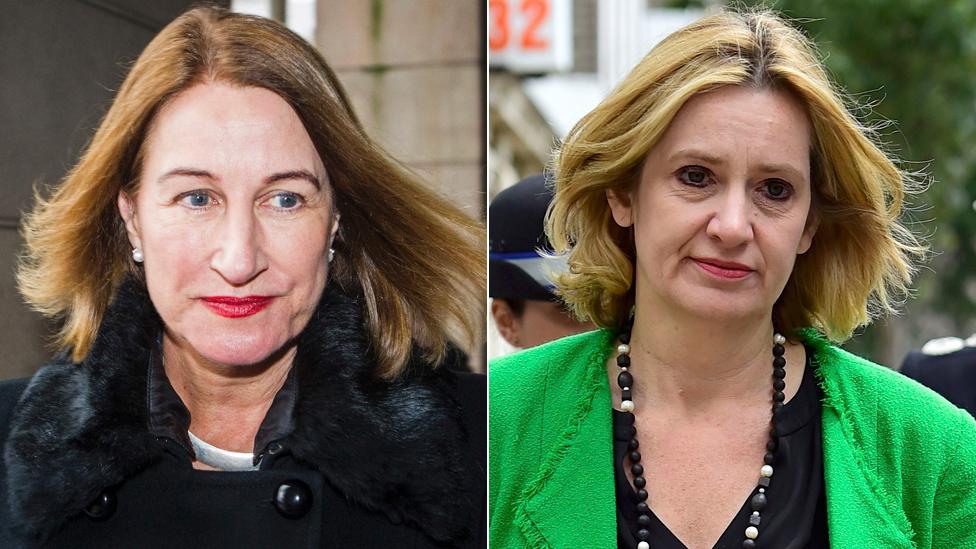
- Published4 August 2016
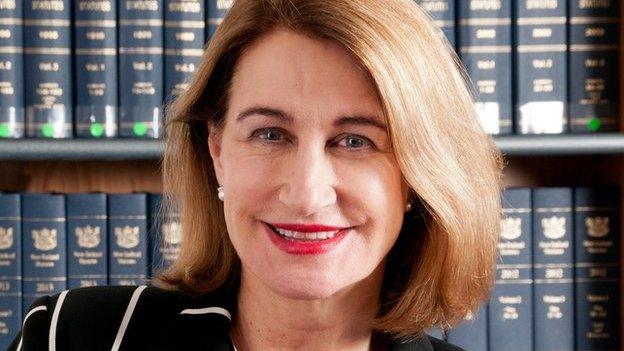
- Published13 July 2015
